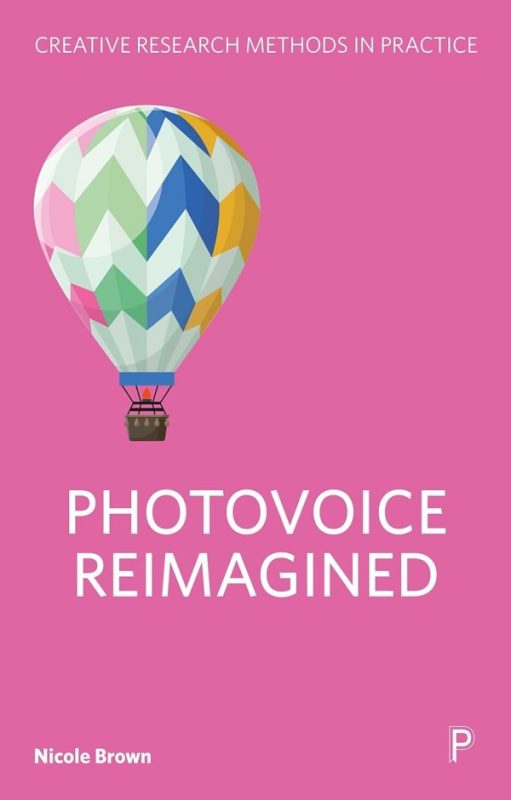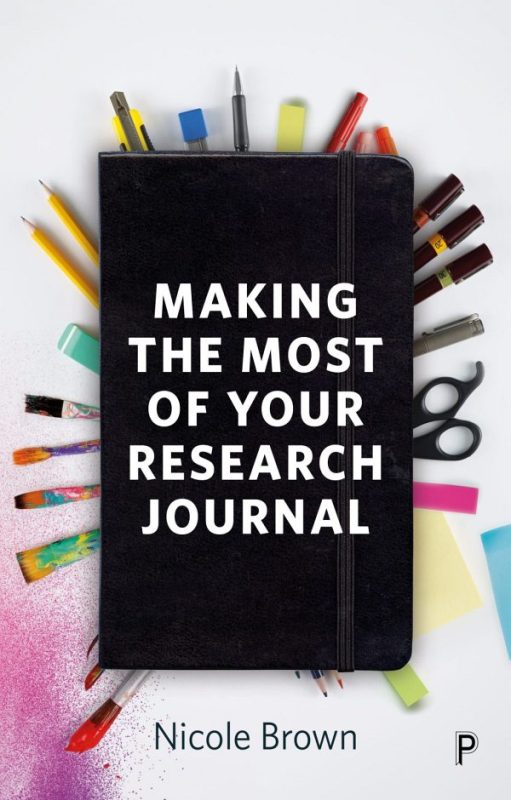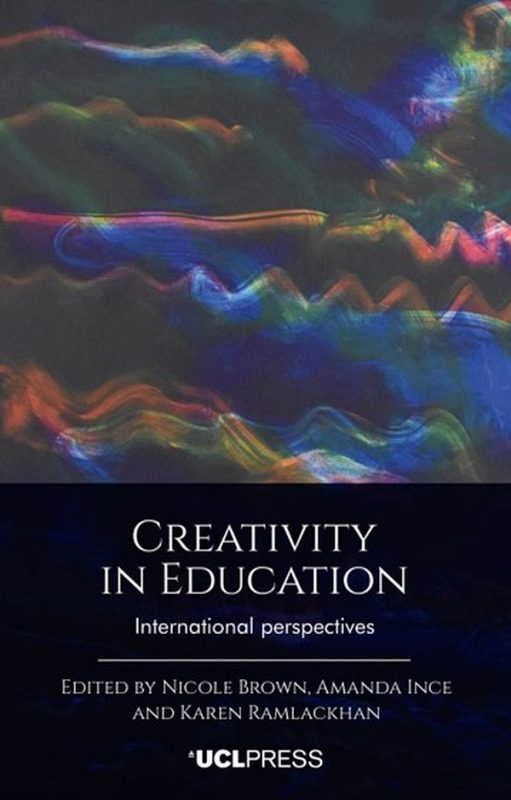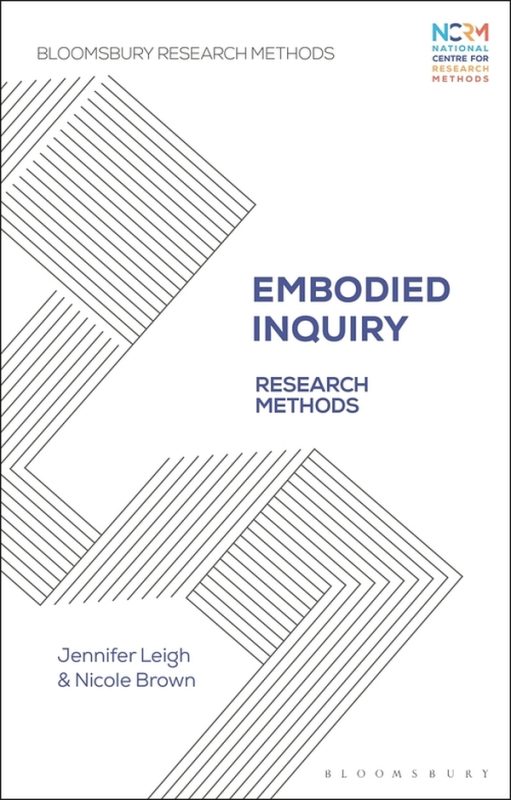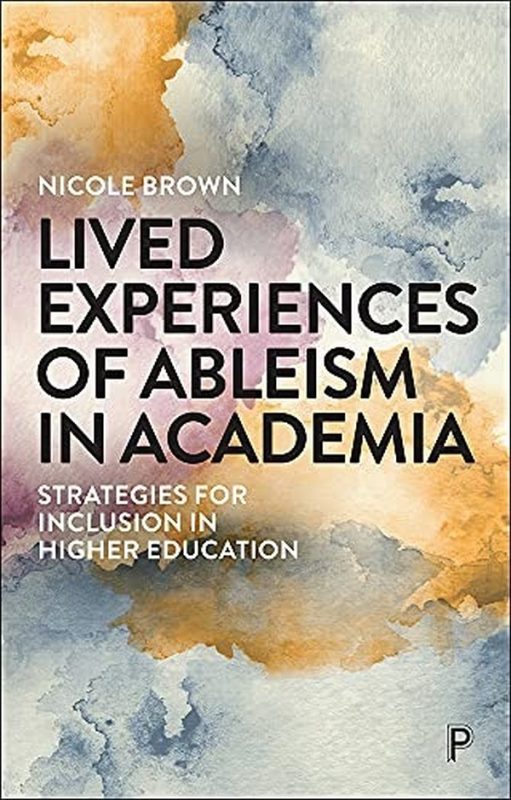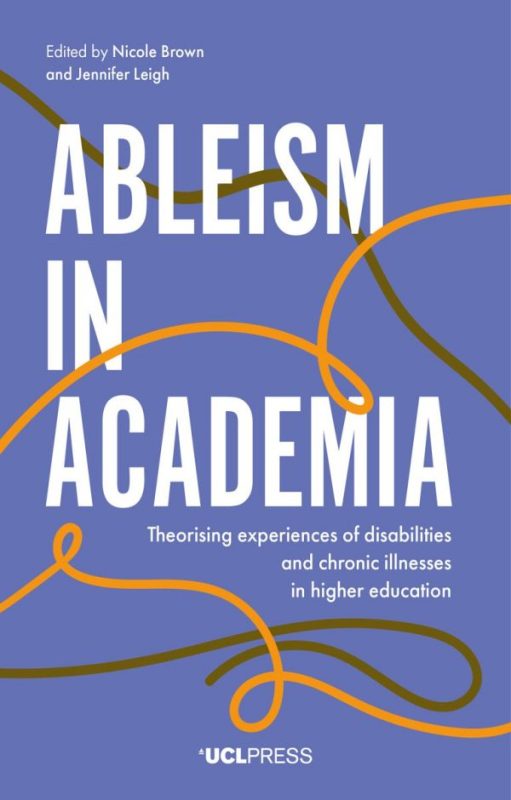
Objects as metaphors to account for embodiment
QUEST (Qualitative Expertise at Southampton) in collaboration with the National Centre for Research Methods and the South Coast Doctoral Training Partnership organised a webinar on Metaphor and Method. I was one of three keynote speakers presenting “Objects as metaphors to account for embodiment”. Access the video at the NCRM […]
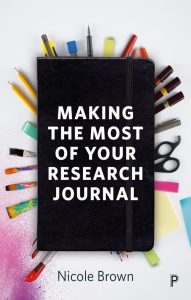
How to keep a research journal
This post links to my contribution to the Lex Academic Blog, in which I write about how to keep a research journal.
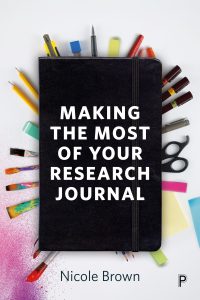
Author talk: Making the most of your research journal
As part of the fabulous Phd Life Raft symposium organised by the magnificent Dr Emma Brodzinski, I was invited to an author talk about my book Making the Most of Your Research Journal. It was a great pleasure to oblige, and I thoroughly enjoyed that exciting experience.

Support for students taking on research projects
This is a link to a webinar organised to offer support for students taking on research projects. My contribution was based on my book Making the Most of Your Research Journal.

Book: Making the most of your research journal
"Making the most of your research journal" offers guidance and additional resources to make research journaling effective.

The PhD Life Raft podcast: Reflective journaling
I was invited to contribute to The PhD Life Raft Podcast. My contribution was about research journaling and reflective practice, and the book Making the most of your research journal.
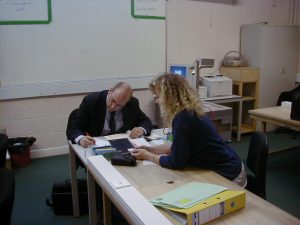
Supervising PhDs: Atypical in more than one way
This is an extract from a guest post on the Supervising PhDs Community Blog. In the post, I discuss what research supervisors can do to support doctoral students who may have disabilities, chronic illnesses and/or neurodiversities.
Liberating the Curriculum: Ableism in Academia
This is an extract from a guest interview on the Liberating the Curriculum website of UCL published in relation to my ableism in academia work. In this post, I reflect on my ableism work, how I came about to take a leading role in the activism around ableism in academia.
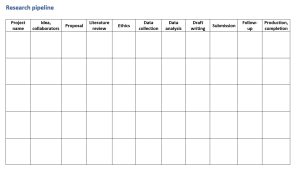
The research pipeline: managing the publications process
This post outlines how to maintain a research pipeline to plan and manage publications systematically and links to a word template.
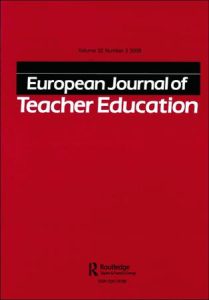
Article: Partnership in learning
This paper outlines two distinct staff-student collaborations and how such a partnership may innovate teaching practices.
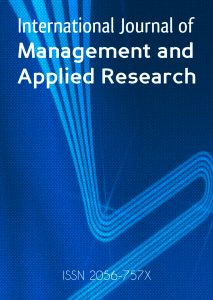
Article: Using LEGO® to understand emotion work
This paper presents how LEGO® can be used in workshops to explore doctoral students’ emotions around the complex and solitary experience of a PhD research.
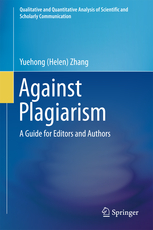
Book Review: Against Plagiarism – A Guide for Editors and Authors
This post links to the review of the book "Against Plagiarism - A Guide for Editors and Authors".
Research posters
Download two examples of research posters from here.
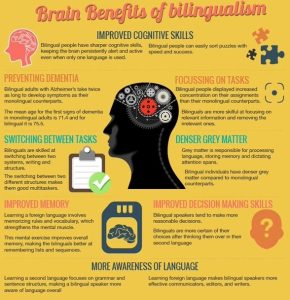
Benefits of bilingualism
Often as teachers we find it difficult to cater for all of our students' needs, but we should not forget that the needs may also be strengths. Here is a great visual that demonstrates the benefits of bilingualism, even if catering for English as Additional Language learners may sometimes feel an added burden.
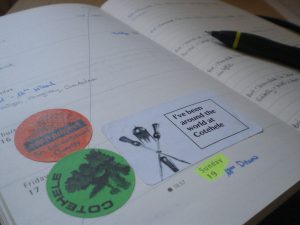
Writing entries in a reflective journal
Writing entries for a reflective journal is often a daunting aspect of teacher training, as we are not used to writing diaries. Here are some thoughts on how to get started with writing reflections.
Proofing and editing
At University level you are expected to have checked, re-checked, edited and proofed your assignment several times. Each time you read through your work you should focus on a different aspect of your writing.
